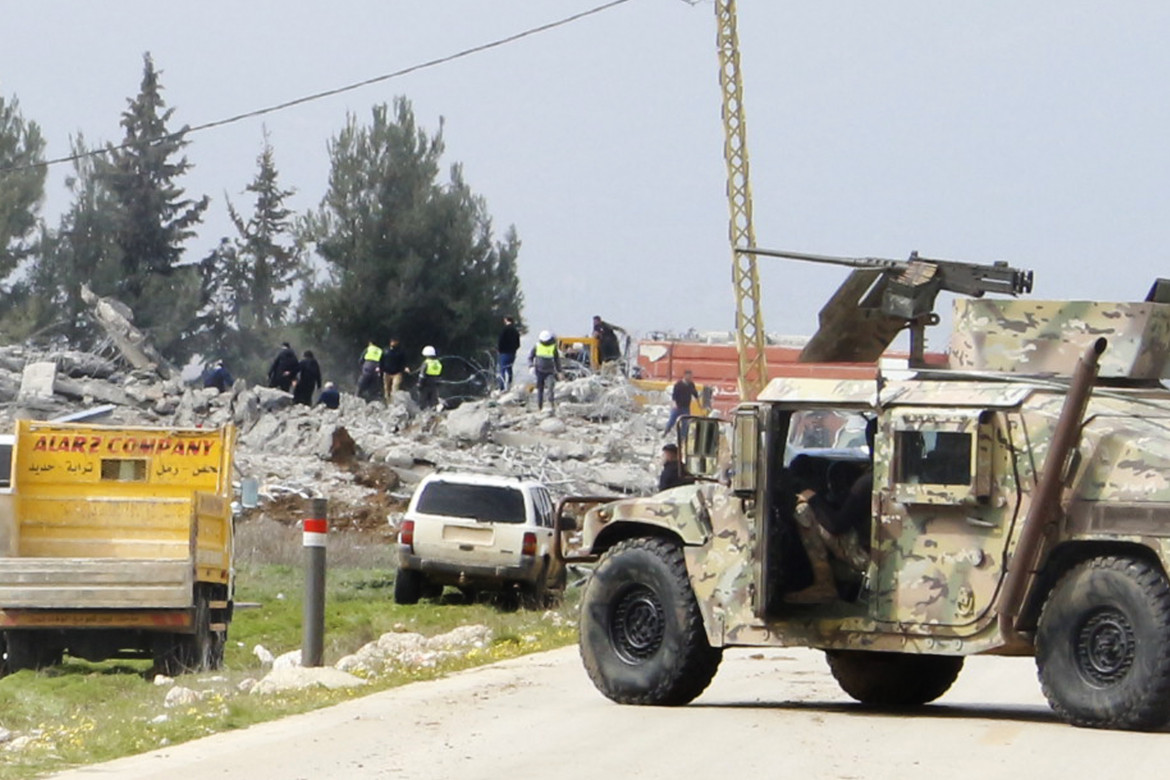Reportage
Beirut is a ghost town, the Lebanese are already bracing for war
'The streets are empty because they [the Israelis] might have some targets in Beirut: an office, a car, who knows?'

“Beirut never sleeps” is what the Lebanese always say – or at least they used to until recently. It’s eight o’clock in the evening, in Mar Mikhail, the capital’s central district, and the bars and restaurants on both sides of the main street are empty. Hamra, the beating heart of the city, is deserted after six o’clock. And even at 2 p.m., when school ends and it’s virtually impossible not to get stuck in a traffic jam, traffic is much lighter than usual.
“I start work at three o’clock and you were the first call,” Rachad tells us, a young taxi driver who is still making car payments. “Usually, around five o’clock, when offices close, I get a lot of requests and I have to turn down some. Today, nothing, but lately it’s almost always like this. People are afraid. Those who can do so work from home. The streets are empty.” He adds: “Good thing I don’t have children. With the crisis, everything is more expensive than before. The war was the last thing we needed. There’s no point going around and wasting gas. I’m going home soon.”
With inexplicable calm, Mahmoud, another taxi driver, shows us the windows of his car that he had to replace after an Israeli attack. The windshield is still broken; he’ll need some more money to replace it. “I was in Mshrafieh for a doctor’s appointment. I went into the office and the explosion went off. If I’d been a few minutes late, instead of the doctor I would have needed the undertaker,” he says with bitter irony. The attack happened on January 2 when an Israeli drone struck a Hamas office in the southern Beirut suburbs, killing seven militiamen, including General Aruri. “The streets are empty because they [the Israelis] might have some targets in Beirut: an office, a car, who knows?”
Indeed, there are more and more Israeli air raids, now going far across the border, where the war had been focused until recently. On Monday, a food warehouse was hit in Baalbak, 100 km from the border, where Hezbollah was storing Iranian, Iraqi and Syrian products meant to be sold at a reduced price (compared to the domestic market) to holders of the al-Sajjad card that the party began distributing to its members in 2021. Before, there was an attack on Nabatiyeh, another Hezbollah stronghold, and three more near Sidon.
In addition to their military value, these operations have a strong symbolic charge: they send the message that Israel is ready to strike and can strike with ease in places where Hezbollah’s power and credibility are high, trying to delegitimize the party, at a time when the country has been in great difficulty since 2019 due to the most severe economic-financial crisis in its history and the despair-inducing political stalemate. On Tuesday, Germany issued an arrest warrant for Lebanese Central Bank Governor Salameh as part of money laundering investigations.
Hezbollah has begun using anti-aircraft fire, and on Tuesday published photos of the shooting down of an Israeli drone. It’s no longer just an analyst’s take that we have entered a new and more alarming phase of the war. It’s visible and everyone in Lebanon knows it.
Originally published at https://ilmanifesto.it/beirut-fantasma-i-libanesi-sono-gia-in-clima-di-guerra on 2024-02-28
